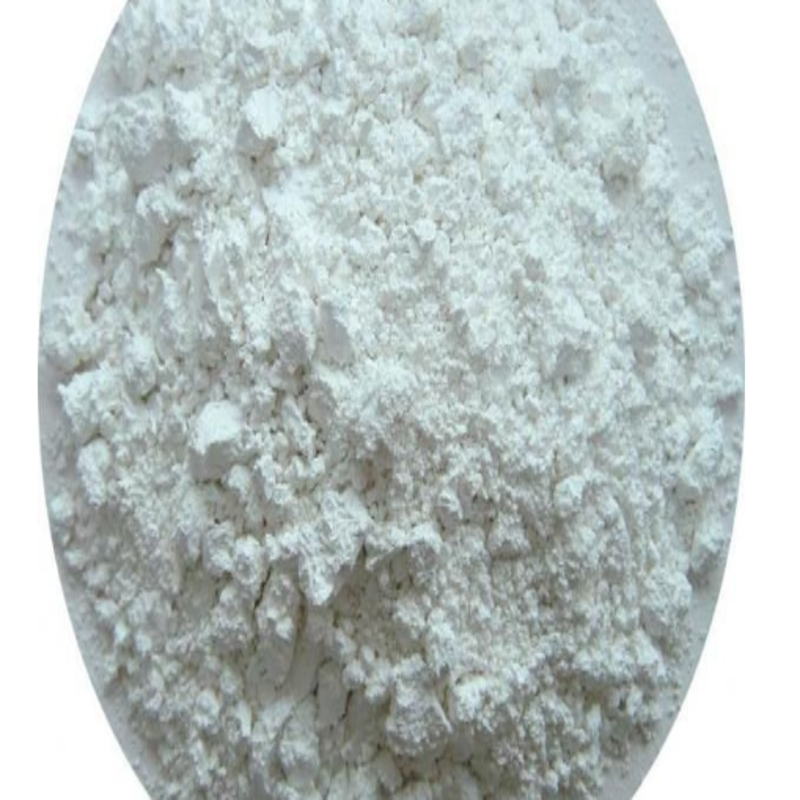NCB: Chinese scientists discover new mechanism of metabolism and breast cancer metastasis
-
Last Update: 2015-02-01
-
Source: Internet
-
Author: User
Search more information of high quality chemicals, good prices and reliable suppliers, visit
www.echemi.com
February 1, 2015 / BIOON / -- recently, Shizhen Emily Wang, a Chinese scientist from the United States, published their latest research progress in the famous biological journal natue cell biology They found that cancer cells can inhibit the glucose uptake of non-tumor cells by secreting miR-122 before metastasis, so as to ensure the nutritional supply of cancer cells and promote tumor metastasis This finding may provide a new strategy to inhibit tumor metastasis Increasing glycolysis and glucose uptake, reprogramming glucose metabolism has become a major feature of cancer Most cancer cells will increase the aerobic glycolysis process, resulting in the decrease of mitochondrial oxidative phosphorylation To make up for the lack of ATP synthesis, cancer cells will increase the uptake and utilization of glucose Previous studies have shown that the high level of miR-122 in the circulatory system is closely related to the tumor metastasis of breast cancer patients In this paper, Miranda y Fong et al Proved by experiments that cancer cells can inhibit the sugar uptake of non-tumor cells by secreting miR-122, thereby promoting the nutrition supply in the microenvironment before metastasis to promote tumor metastasis The researchers further explored the mechanism and found that miR-122 secreted by cancer cells can down regulate the expression of pyruvate kinase and inhibit the glucose uptake of non-tumor cells At the same time, inhibiting miR-122 expression in vivo can restore the glucose uptake of remote organs, such as brain and lung, and reduce the incidence of tumor metastasis To sum up, this paper proved that tumor cells can secrete miR-122 to inhibit the glucose uptake of non tumor cells, so as to increase the nutritional supply of microenvironment before tumor cell metastasis and promote tumor metastasis The results of this study illustrate how cancer cells regulate glucose metabolism to ensure their own survival and metastasis, and provide a new strategy for the development of anti-tumor drugs This article is the original compilation of Biovalley, welcome to reprint! Please indicate the source of the reprint and attach the original link Thank you! doi:10.1038/ncb3094 Breast-cancer-secreted miR-122 reprograms glucose metabolism in premetastatic niche to promote metastasis Miranda Y Fong, Weiying Zhou, Liang Liu, Aileen Y Alontaga, Manasa Chandra,Jonathan Ashby, Amy Chow, Sean Timothy Francis O'Connor, Shasha Li, Andrew R Chin, George Somlo, Melanie Palomares, Zhuo Li, Jacob R Tremblay, Akihiro Tsuyada,Guoqiang Sun, Michael A Reid, Xiwei Wu, Piotr Swiderski, Xiubao Ren, Yanhong Shi,Mei Kong, Wenwan Zhong, Yuan Chen & Shizhen Emily Wang Reprogrammed glucose metabolism as a result of increased glycolysis and glucose uptake is a hallmark of cancer Here we show that cancer cells can suppress glucose uptake by non-tumour cells in the premetastatic niche, by secreting vesicles that carry high levels of the miR-122microRNA High miR-122 levels in the circulation have been associated with metastasis in breast cancer patients, and we show that cancer-cell-secreted miR-122 facilitates metastasis by increasing nutrient availability in the premetastatic niche Mechanistically, cancer-cell-derived miR-122 suppresses glucose uptake by niche cells in vitro and in vivo by downregulating the glycolytic enzyme pyruvate kinase In vivo inhibition of miR-122 restores glucose uptake in distant organs, including brain and lungs, and decreases the incidence of metastasis These results demonstrate that, by modifying glucose utilization by recipient premetastatic niche cells, cancer-derived extracellular miR-122 is able to reprogram systemic energy metabolism to facilitate disease progression
This article is an English version of an article which is originally in the Chinese language on echemi.com and is provided for information purposes only.
This website makes no representation or warranty of any kind, either expressed or implied, as to the accuracy, completeness ownership or reliability of
the article or any translations thereof. If you have any concerns or complaints relating to the article, please send an email, providing a detailed
description of the concern or complaint, to
service@echemi.com. A staff member will contact you within 5 working days. Once verified, infringing content
will be removed immediately.







